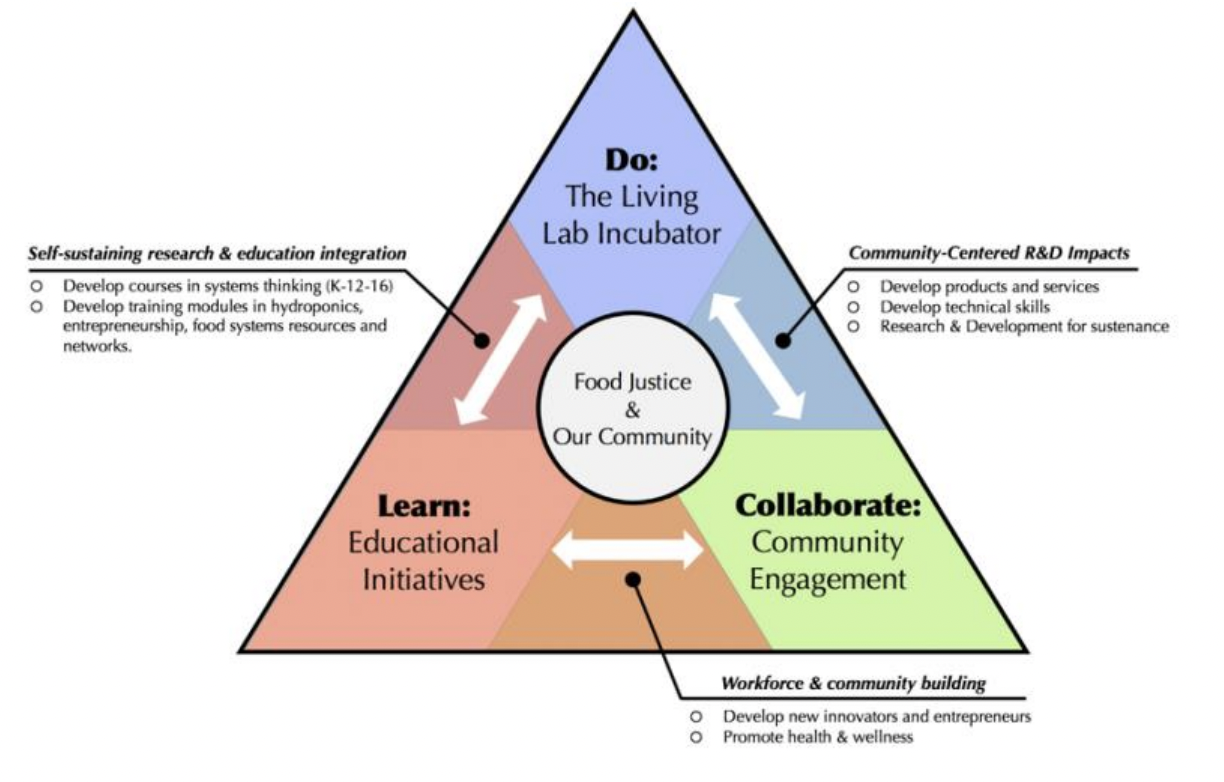CAFI Projects
Introducing CAFI: The Collaborative for Addressing Food Injustice
What is CAFI?
At the heart of our proposed initiative lies an ambitious vision: to create an innovation hub that will revolutionize the way we think about food justice. Our aim is to leverage the unique strengths of our community partners and the diverse expertise of our cross-disciplinary team to dismantle food apartheid and ensure that access to high-quality, healthy food is no longer determined by zip code. We believe that at the intersection of different disciplines lies the key to solving one of the most pressing challenges of our time: the equitable distribution of food resources.
With a focus on addressing inequities in access to healthy food, our team is committed to designing and implementing innovative research and educational efforts that tackle food injustice from a variety of angles. By harnessing the power of engineering, life sciences, social sciences, public health, business, and education, we aim to build solutions that will have both local and global impact.
Our collaborative, multidisciplinary team will be composed of faculty, staff, students, and community partners who are united in their commitment to driving positive change in pursuit of food equality. By leveraging the experience of our community partners and the knowledge and expertise of our UNO community, we will create a catalyst for change that has the potential to transform our food system.
Join us in our mission to break down the barriers that currently exist in our food system and create a more equitable future for all.


